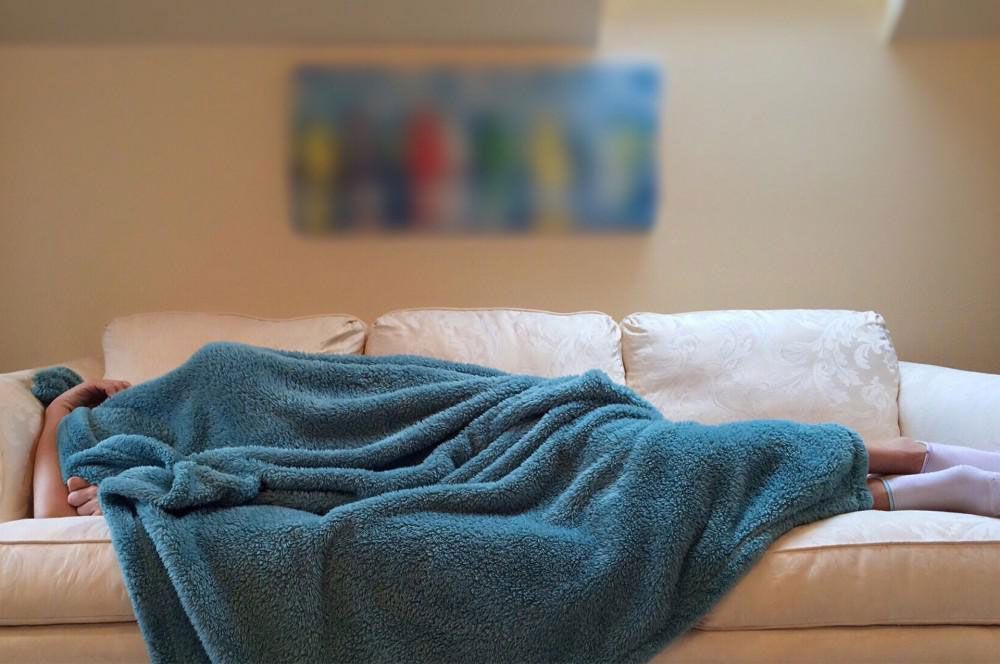Fatigue, Stress, and Cortisol

We are not even halfway through 2020 yet many feel as if a year has gone by. The COVID-19 pandemic instilled many changes to our daily lives in such a short period of time thereby leaving us stressed, overwhelmed, and too tired to deal with it.
Many of us were not without daily stressors to begin with. Balancing a busy family life with a demanding work schedule while pursuing health and wellness goals already fills our day with activities. A busy day alrady does not leave much room to accommodate the challenges that occasionally arise. This includes (but is not limited to) acquiring an expense that was not budgeted for, relationship disputes, or learning that a loved one is chronically ill.
There are many emotional, physical, and mental changes involved in the stress response. Anxiety surrounding the future can lead to sleep disturbances and difficulty to concentrate throughout the day. Fatigue, decreased work performance, and increased irritability can leave individuals feeling hopeless and out of control. All of these responses are related in almost a chicken-and-egg scenario.
When I meet patients for the first time, they often express frustration with past treatment protocols that attempted to address each symptom one at a time. What if there was an underlying reason that can explain all of these symptoms at the same time?
Since the stress response is primarily mediated by the hypothalamic-pituitary-adrenal axis (HPA axis), it is worth considering an important hormone that comes from the adrenal glands. Cortisol is a steroid hormone that peaks in the morning upon waking and then mid-afternoon to give us our second wind of energy to get through the rest of the day.
Cortisol is very sensitive to any form of stress. This includes emotional stress such as a grieving period after losing a loved one and physical stress such as undergoing a big surgery. Cortisol has strong anti-inflammatory effects so any stress that impacts our cortisol response can affect our body’s ability to fight infection and disease.
The most effective way to assess cortisol response is with a salivary test. A saliva sample is collected four times thorughout the day (upon waking, noon, mid-afternoon, bedtime) to generate a graph of how cortisol fluctates throughout the day. The salivary cortisol test is not only convenient but is found to be a reliable measurement of bioavailable cortisol when compared to a blood sample.
To learn more about salivary cortisol testing and whether it can help you, schedule a free 15 minute phone consult with us. We would be delighted to help you feel more energized to take on your goals.
